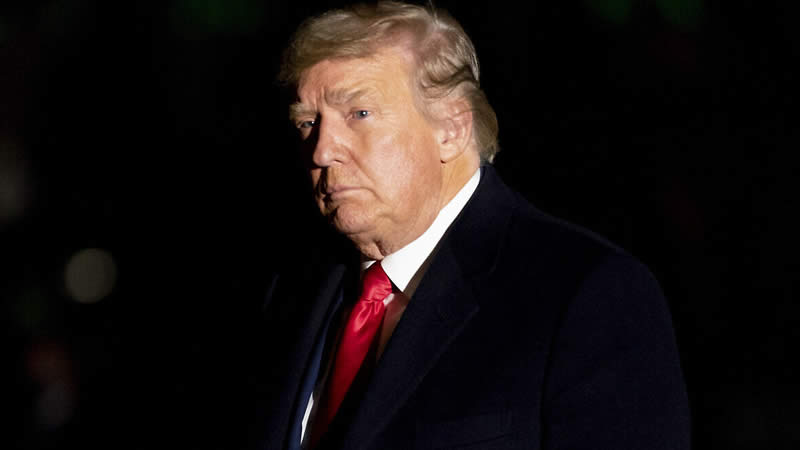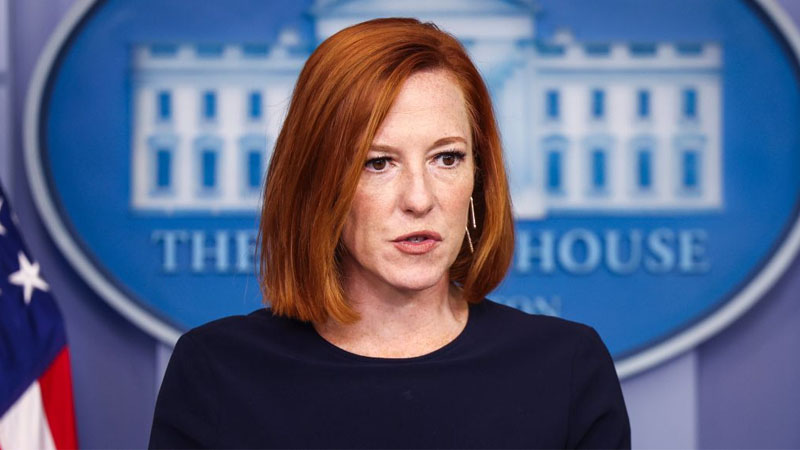Donald Trump Faces Scrutiny Over Handling of Classified Information

(AP Photo/Andrew Harnik)
The handling of classified information by former President Donald Trump during his tenure in the White House has sparked significant concern and frustration among his staff, as highlighted in a recent report by ABC News. The report delves into various incidents that underscore the casual manner in which Trump dealt with sensitive national security materials, with one particularly striking example being his decision to share a photograph of a classified rocket explosion at an Iranian launch site.
This instance not only illustrates Trump’s unconventional approach to handling classified information but also the broader implications such conduct could have on national security and international relations. The photograph, which depicted a highly secretive incident, was not intended for public release, raising questions about the potential exposure of sensitive intelligence methods and capabilities.
“While much of [Special Counsel Jack] Smith’s sprawling classified documents investigation has focused on how Trump handled classified materials after leaving the White House, a wide array of former aides and advisers — including personal valets, press assistants, senior national security officials, and even Trump’s briefers from the Office of the Director of National Intelligence — have provided Smith with firsthand accounts about how Trump allegedly handled and used intelligence while still in office,” reported Katherine Faulders, Mike Levine, and Alexander Mallin.
“The image was captured by a U.S. satellite whose true capabilities were a tightly guarded secret. But Trump wanted to share it with the world — he thought it was especially ‘sexy’ because it was marked classified, one of his former advisers later recalled to special counsel Jack Smith’s investigators, according to sources familiar with the former adviser’s statements,” said the report. One source who served as an adviser to the former president said, “It was so upsetting, and people were really angry.”
When Smith interviewed former advisers close to Trump, said the report, they “described a president who could erupt in anger when presented with intelligence he didn’t want to hear, who routinely reviewed and stored classified information in unsecured locations, and who had what some former officials described as ‘a cavalier attitude’ toward the damage that could be done by its disclosure, according to sources.”
The ongoing legal proceedings concerning Trump’s handling of classified documents have hit a procedural snag, further complicating the situation. The case is currently in a state of limbo as Judge Aileen Cannon, a jurist with far-right leanings who was appointed by Trump himself, navigates through various procedural issues. The complexity of the legal challenges has resulted in delays, with no new trial date set after the original date became untenable.
Judge Cannon’s role in this case is critical, as her decisions will shape the course of the proceedings. Her background and the nature of her appointment add layers of complexity to the case, given her potential biases and how they might influence her judgments. The legal community and the public alike are closely watching how she handles the delicate balance of legal procedures against the backdrop of a politically charged case.
The stalled legal process is a source of tension and uncertainty, as stakeholders on all sides seek clarity and resolution. The delay in setting a new trial date prolongs the period of uncertainty, complicating the political landscape and potentially affecting how classified information is perceived and handled in the future.


